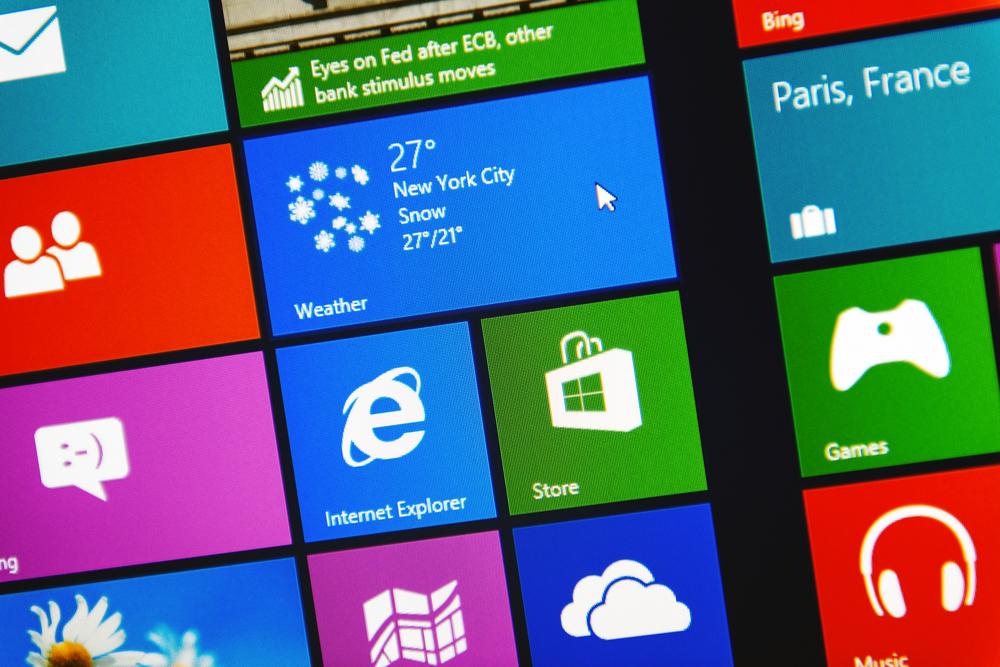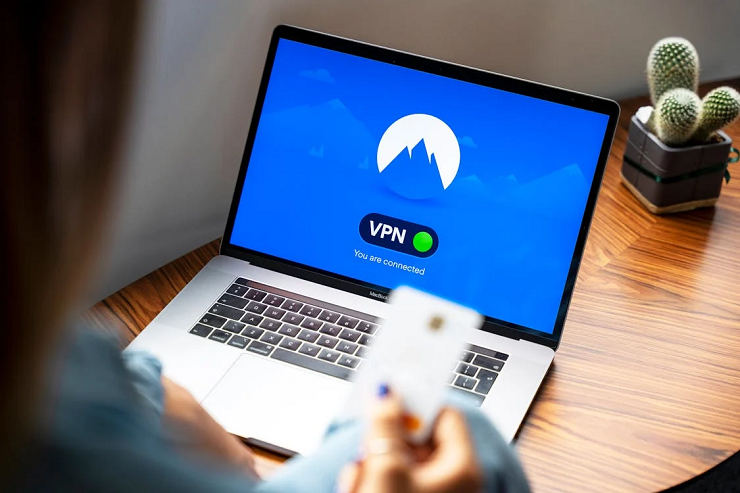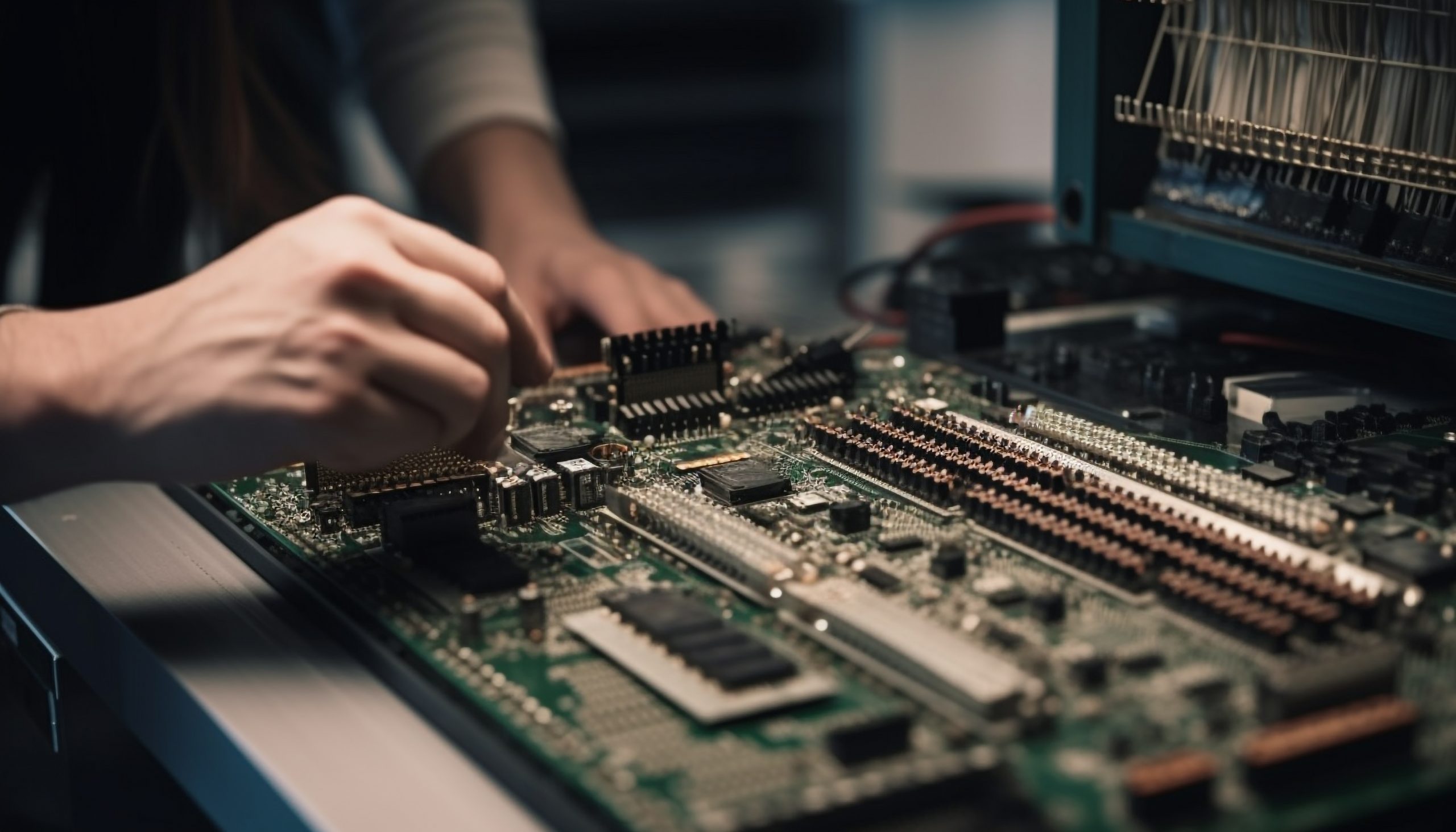

There is nothing more annoying than wanting to sit down to work on your Windows PC and having to wait 10 hours for a browser page to load. Logically, it makes sense to get a new computer, but financially it may not be worth it. Sometimes the good old reboot just doesn’t work and you need to resort to more extreme measures. Here are a few things that you can try if you are stuck with a “super slow” Windows PC.
1. Find resource-hungry programs
Your PC might be running slow because there is something that is using up all the computer’s resources. It might be an application or something more serious. To find out what is causing the lag, open the Task Manager and click on CPU, Memory, and then Disk options to see what exactly is eating up your resources. When you have found the problem in the listed applications on your screen, you may continue to end the resource-feeding by selecting ‘End Task’. This will shut the task down immediately and you might find your PC running a bit faster than usual.
2. Close system-tray programs
There are programs that stay open in the background even though we have exited them properly. These remain open inside the system tray for if you want to open them at a later time to continue the work that you have been doing. If you are working on a system-tray program, you should make sure that it is closed properly. Simply open the system tray on the bottom right corner of your screen, right click on any application, and choose the option to close them.
3. Disable start-up programs
Sometimes we install programs that start up when we switch on our PC’s, making it even slower and harder for us to get where we need to be on the system. These programs can also cause tremendous lag when working on your PC. It relies heavily on CPU usage which is why your computer might be struggling to keep up. You can easily disable these programs by going to the Task Manager option. Click on the Startup tab in order to view the list of startup applications and simply remove those that you do not need or that you do not want to startup every time you switch on your PC.
4. Lighten your web browser
We often surf websites where add-ons and pop-ups are enabled on our browsers without us knowing it. This can make the browser extremely slow. You should look at removing these add-ons or pop-ups by going into your browser’s Extensions menu. Here you will be able to view and remove any add-ons that you don’t know of or don’t need.
5. Free up disk space
If you have not done this yet, do it right now. You should delete all the programs that you do not use on a regular basis. Remember to uninstall them from the Add Or Remove option in the control panel and not just drag the icons to the Recycle Bin.
Although there are a bunch of ways that you can speed up your Windows PC, the 5 ways above are usually a good place to start. If your tech skills aren’t up to par, contact your local tech support company to assist you with speeding up your device.

I’m a Nerd and very proud of it! I love to write about anything Tech related. Subscribe to our blog for helpful tips, tricks & news.




